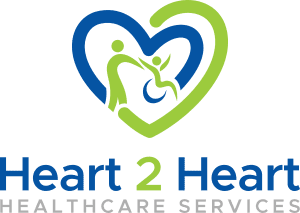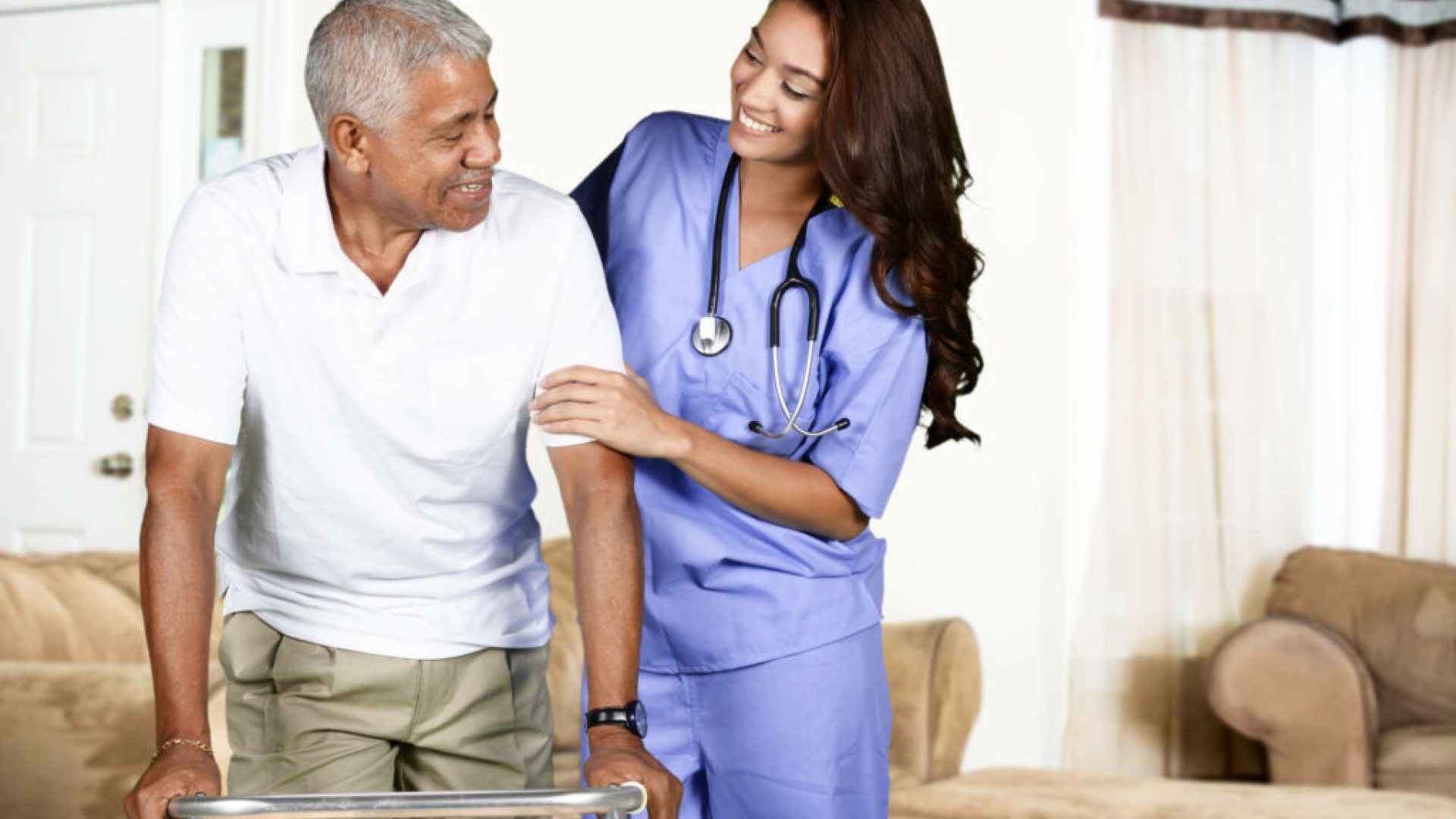16 Essential Safety Tips for Home Health Nurses to Protect Patients and Themselves. Discover 16 essential safety tips for home health nurses To safeguard both their patients & themselves. Simple. Practical advice for a safer care experience.
Essential Safety Tips for Home Health Nurses to Protect Patients and Themselves
1. Understanding Patient Safety
Ensuring safety during home visits remains crucial for nurses. Awareness of potential hazards serves as a foundation. Nurses must remain vigilant while navigating patients’ homes. Proper assessment of surroundings allows identification of risks. Whether mechanical. Environmental. Or even procedural. Communication plays a vital role as well; discussing concerns or observing behavior can elevate safety measures.
Monitoring evolving health conditions adds another dimension. Regularly updating patient care plans ensures that needs align with current situations. Adapting quickly keeps both nurses and patients secure. Resources. Like 16 Home Health Nurse Safety Tips. Provide excellent guidance for navigating complexities.
Legally. Nurses must comply with health regulations and standards when delivering care. Familiarizing oneself with local laws ensures compliance. Additional documentation requirements add depth to patient interactions. Another helpful resource includes Medicare guidelines that outline relevant regulations and practices.
2. Ensuring Personal Safety
Nurses can take several proactive measures. Avoiding isolation during visits helps lower risks. Scheduling appointments while family members remain present proves advantageous. Maintaining communication through mobile devices ensures access to help if necessary. Always sharing location information with supervisors or colleagues acts as an extra safety measure.
Self-defenses training also plays an important role. Understanding how to respond physically or verbally to threatening situations enhances confidence. It remains a worthwhile investment for any nurse working in unpredictable environments. Moreover. Staying aware of emotional wellbeing lowers stress. Enabling improved focus on patient care.
Staying healthy supports overall safety. Regular exercise. Sufficient rest. And proper nutrition constitute basic selfcare essentials. Engaging in activities that reduce stress enhances mental clarity. A healthy nurse positively impacts patient outcomes.
3. Medication Management Practices
Administering medications safely remains a priority. Verifying each patient’s medications ensures accuracy. Doublechecking with patients minimizes medication errors. Maintaining trust. Utilizing medication administration records proves useful as well. Facilitating tracking and organization.
4. Medication Labeling
Clear labeling serves as an essential strategy. Ensuring that each medication remains properly labeled helps avoid confusion. Utilizing color-coded labels or stickers can aid in quick identification during visits. Nurses should emphasize patient education regarding medication use—correct dosages. Timings. And possible side effects.
5. Infection Control Measures
Reducing infection risks requires diligence. Practicing proper hand hygiene acts as a primary defense. Regular handwashing or using hand sanitizers helps prevent microbial transmission. Nurses must utilize personal protective equipment (PPE) where necessary. Ensuring a safe environment for patients.
6. Effective Communication Skills
Communicating openly enhances patient relationships. Encouraging patients or family members to share concerns fosters a supportive environment. Active listening allows nurses to understand needs thoroughly. Express empathy during discussions; addressing emotional aspects of care ensures comprehensive understanding.
7. Utilizing Technology
Leveraging technological tools remains beneficial. Excelling in care coordination becomes easier with electronic health records (EHRs). Telemedicine options may also provide further contact avenues. Especially during public health crises. Familiarizing oneself with available applications adds another layer of efficiency.
8. Documentation and Record Keeping
Accurate documentation serves as a legal safeguard. Recording all interactions maintains transparency during care delivery. It aids in tracking progress and future planning. Nurses must allocate time daily for record updates. Ensuring accuracy.
9. Maintaining Privacy
Upholding patient confidentiality represents an ethical obligation. Ensuring that records remain secure protects sensitive information. Utilizing encrypted communication channels supports privacy during discussions. Awareness of information sharing policies proves valuable.
10. Emergency Preparedness
Planning for emergencies serves as a critical component. Nurses must identify potential emergency scenarios before they occur. Creating a response plan ensures a timely reaction during critical situations. Regular drills or practice sessions enhance preparedness.
11. First Aid Knowledge
Acquiring first aid training remains essential. Understanding how to manage common health emergencies maximizes patient safety. Knowing when to seek further medical attention also proves significant. Maintaining an updated first aid kit during home visits enhances readiness.
12. Stress Management Techniques
Managing stress effectively impacts job performance. Nurses often face high pressure situations. Making selfcare vital. Practicing mindfulness techniques. Such as meditation or deep breathing. Can alleviate tension. Balancing work and personal life contributes positively to overall wellbeing.
13. Regular Breaks
Adequate breaks allow rejuvenation during long shifts. Stepping outside for fresh air or practicing brief stretches can stave off fatigue. Scheduling time for meals prevents burnout and maintains energy levels throughout visits.
14. Advocacy for Patients
Nurses play a critical role in advocating for patients. Recognizing patients’ rights and needs helps in delivering holistic care. Remaining vocal during care planning discussions ensures patient perspectives are priorities.
15. Building Support Networks
Establishing connections with community resources expands care options. Knowledge of available services benefits both nurses and patients. Referring families to social workers or community health programs enhances overall patient experiences. Together. These networks create a safety net.
16. Essential Safety Features
- 👷♂️ Constant vigilance
- 💊 Accurate medication management
- 🛡️ Infection control measures
- 📱 Effective communication techniques
- 🚑 Emergency preparedness plans
Comparative Analysis of Safety Practices
| Safety Practice | Importance | Frequency Recommended |
|---|---|---|
| Medication Verification | Prevent Errors | Before Each Visit |
| Hand Hygiene | Reduce Infection | Every Interaction |
| Emergency Drills | Enhance Preparedness | Quarterly |
Enhancing safety practices continually serves both patients and nurses effectively. Establishing strong foundations builds confidence in care provision. Engaging with resources further expands knowledge. For further insights. Visit Heart 2 Heart for additional resources and networking opportunities.
What is The importance of wearing appropriate personal protective equipment (PPE) for home health nurses?
Wearing appropriate PPE is essential for protecting home health nurses from exposure To infections & contaminants. It helps minimize The risk of injury & ensures safety when handling bodily fluids or chemicals.
How can home health nurses ensure their safety while lifting patients?
Home health nurses should utilize proper body mechanics when lifting patients. Which includes bending at The knees. Keeping The load close To The body, & seeking assistance when necessary To prevent back injuries.
What precautions should be taken when dealing with medical equipment?
Home health nurses must ensure that all medical equipment is functioning properly. Sanitized, & used according To The manufacturer’s guidelines. Regular inspections & maintenance can prevent accidents & ensure patient safety.
How can home health nurses protect themselves from slips & falls?
To avoid slips & falls. Home health nurses should maintain clear pathways. Wear nonslip footwear, & be aware of their surroundings. Cleaning up spills immediately can also help prevent accidents.
What steps should be taken To maintain hand hygiene?
Home health nurses should practice regular handwashing with soap & water or use alcohol based hand sanitizers. Especially before & after patient interactions. To reduce The risk of infections.
How should home health nurses handle potentially aggressive patients?
When dealing with potentially aggressive patients. Home health nurses should assess The situation. Maintain a calm demeanor. Use de-escalation techniques, & ensure they have a safe escape route if needed.
What safety measures can be employed for medication administration?
Home health nurses should verify The patient’s identity. Doublecheck medication dosages, & ensure medications are stored securely. Documentation of medication administration is also critical for safety & accuracy.
How can home health nurses stay safe in a patient’s home environment?
Nurses should perform a risk assessment of The home environment. Looking for hazards such as loose rugs or poor lighting, & take steps To address these concerns before starting patient care.
What should home health nurses do during a medical emergency?
In case of a medical emergency. Home health nurses should call emergency services immediately. Assess The patient’s condition, & provide first aid if trained To do so while ensuring their own safety.
How can home health nurses manage exposure To infectious diseases?
Home health nurses should follow standard precautions. Including using PPE. Practicing hand hygiene, & staying updated on vaccination recommendations To minimize The risk of exposure To infectious diseases.
What precautions should be taken when handling sharp objects?
Nurses must always use puncture resistant containers for disposing of sharps. Avoid recapping needles, & handle all sharp objects with care To prevent needlestick injuries.
What is The role of communication in ensuring nurse safety?
Effective communication with patients. Families, & healthcare teams is crucial. It helps in sharing safety concerns. Clarifying care plans, & ensuring everyone is aware of potential risks in The home environment.
How should home health nurses manage their health & wellbeing?
Home health nurses should prioritize their physical & mental health by managing stress. Engaging in regular exercise, & seeking support from colleagues or professional resources when needed.
What training should home health nurses receive for safety?
Training on safety protocols. Infection control. Emergency response, & The proper use of equipment is vital for home health nurses To ensure they are prepared To handle various situations safely.
How can home health nurses ensure The safety of medication storage?
Medications should be stored in a secure. Locked area & should be checked regularly for expiration dates. Home health nurses must also educate patients about safe medication storage practices.
What should home health nurses do if they encounter unsafe working conditions?
If home health nurses encounter unsafe working conditions. They should document The issues. Report them To their supervisor, & discuss potential solutions To ensure a safe working environment.
Conclusion
In summary. Following these 16 essential safety tips can make a significant difference for home health nurses & their patients. By focusing on communication. Hygiene, & proper equipment use. Nurses can create a safer environment. It’s not just about protecting The patients but also ensuring their wellbeing. Remember. Taking small. Simple steps can help prevent accidents & health issues. Keep learning & adapting your practices as situations change. Safety is a shared responsibility, & when nurses prioritize their safety. They enhance The care they provide. Stay vigilant, & together. Let’s create a healthier home care experience for everyone involved.

